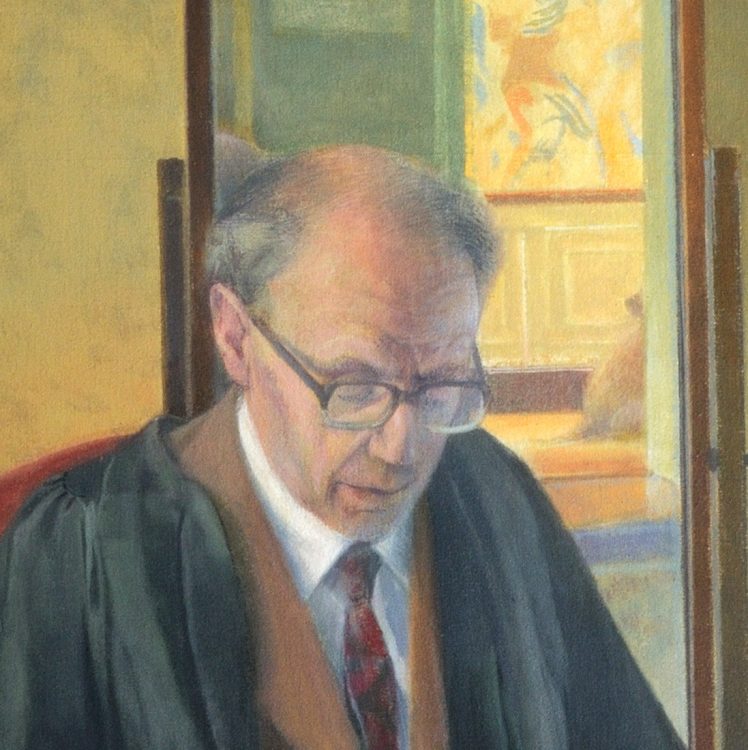St Edmund of Abingdon
St Edmund of Abingdon, after whom the College is named, was born Edmund Rich in the town of Abingdon, just south of Oxford, in about 1175, the son of a merchant. After studies at Oxford and Paris, he taught (c.1194-1200) in Paris and in Oxford, where he is supposed to have been the first to teach the philosophy of Aristotle. He taught at Oxford again from about 1214 to 1222.
Outstanding priest, administrator, teacher, and man of peace and prayer, Edmund was in charge of the finances for the great cathedral of Salisbury, then being built, and in 1234 he was consecrated Archbishop of Canterbury. This was a time of great unrest and change; eighteen years before, the barons had forced from King John the famous statement of rights known as Magna Carta, while King John’s own disputes with the Church had led to the Pope’s imposition of the ‘Great Interdict’ when English church life was suspended, the buildings were closed and sacraments could not be celebrated. In trying to restore the balance after this stormy time, Edmund soon came into conflict with Henry III, by defending church rights and criticising the king’s continental policies.
In the end, Edmund departed for Rome, intending to place his case before the Curia, but poor health made him break off his journey at Soisy, where he died on 16 November 1240. He was buried at Pontigny Abbey. Henry opposed his canonisation until 1247.
Related News

